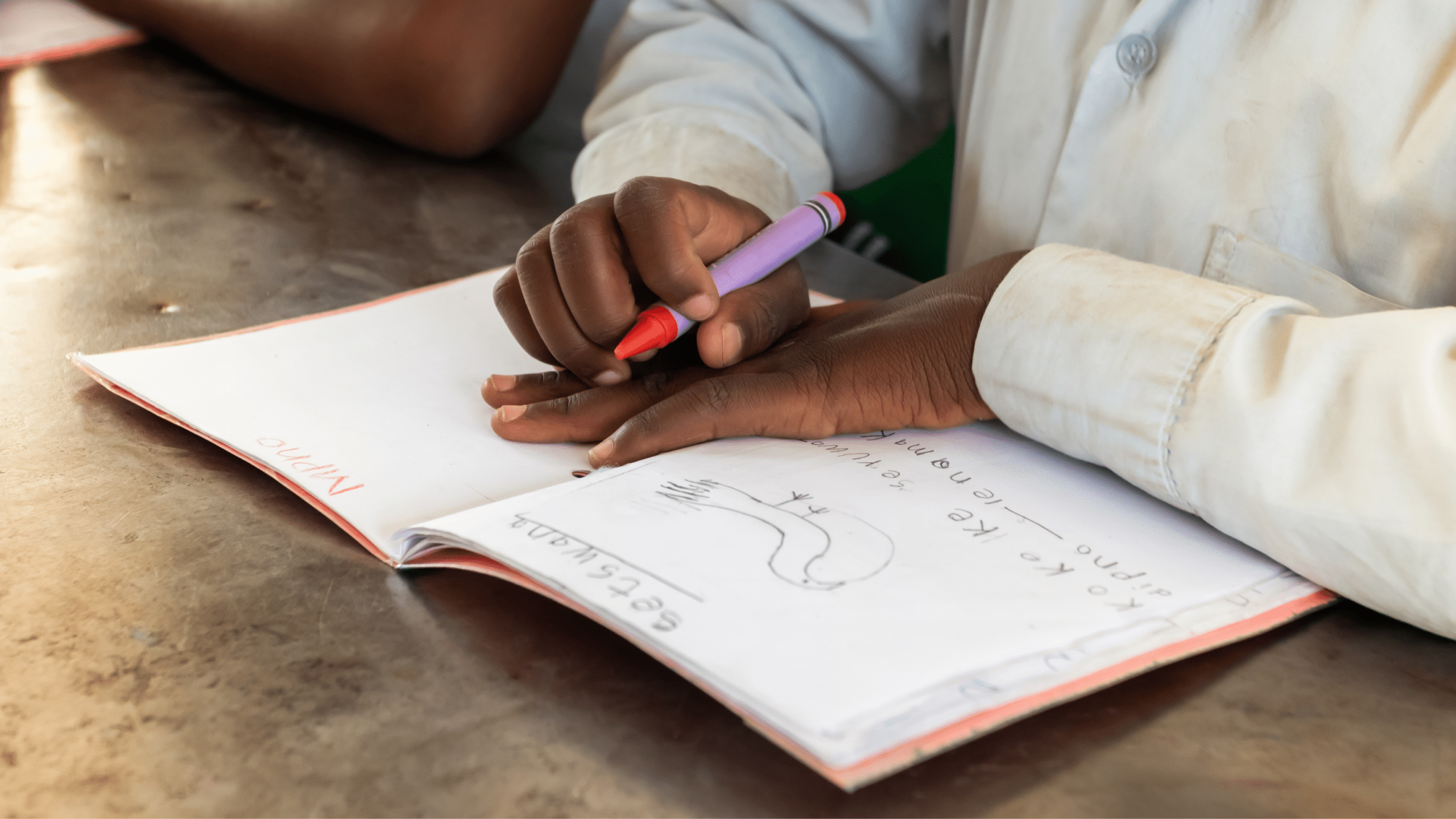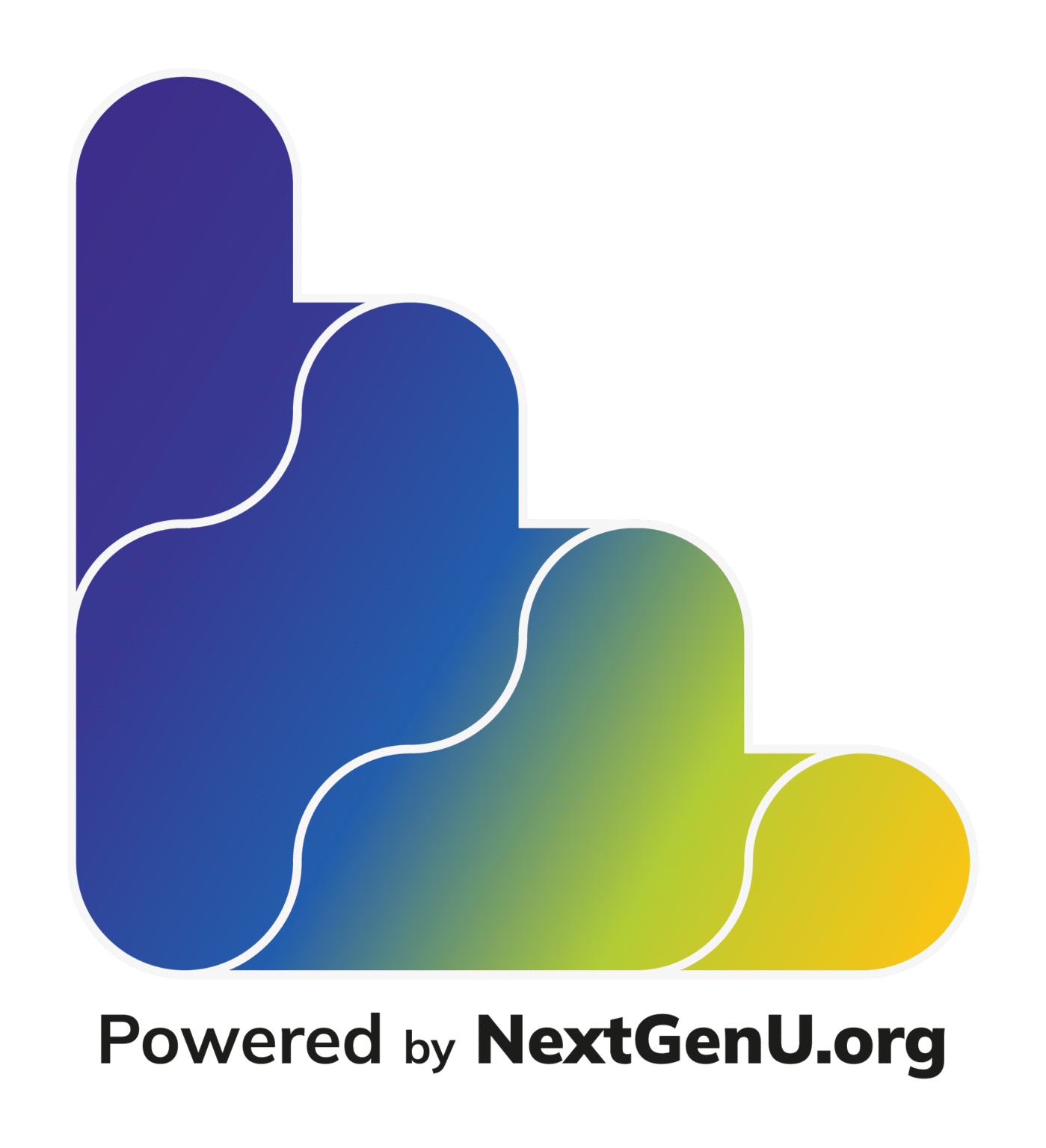NextGenU.org is proud to present the groundbreaking STEPS, (STEM Teacher/Student Education for Primary Schools) project. This innovative initiative is transforming primary-level Mathematics and Science education in Cameroon, Benin, and the Democratic Republic of Congo (DRC), with a focus on inclusive strategies that reach urban, rural, and resource-limited schools.

Bridging the Educational Divide
The STEPS project addresses a critical need in Math and Science education, ensuring that all students, regardless of their location or resources, have access to quality educational materials. By designing and implementing scalable, effective, and equity-focused solutions, STEPS is making significant strides in improving teaching and learning outcomes in diverse settings.
Key Strategies for Inclusive Education
Inclusive education strategies include the development of tailored curriculum materials, with 24 Math and 28 Science teacher guides and student workbooks, videos, and projects customized to each country’s curriculum and cultural context, available in both English and French. Innovative Teacher Professional Development (TPD) is another key strategy, with 50 sessions conducted across three countries, focusing on inquiry-based learning in Science and pedagogical skills in Math, adaptable to both high-tech and low-tech environments. Technology integration supports these efforts, providing schools with laptops, projectors, and screens, and developing digital learning platforms, while also using WhatsApp for remote training in areas with connectivity issues. Localization and contextualization are emphasized through materials that incorporate local festivals, plants, animals, and cultural references, along with the adaptation of open educational resources (OER) to African contexts. Additionally, these strategies address resource limitations by designing materials suitable for schools with limited budgets and creating standalone training modules for scalability.

Impact and Outcomes
The STEPS project has shown remarkable success in its initial implementation. With more than 6000 students initially impacted, the numbers continue to grow as schools utilize the curriculum materials in their classrooms. The team remains committed to analyzing test results of students who were exposed to the materials, and preliminary results indicate significant improvements in student learning outcomes. Given that the main focus of the project was on teacher professional development, it is heartening to witness increased teacher confidence in the classroom, as they adopt the innovative teaching strategies learned during the workshops. By December 2023, almost all Cameroon teachers had integrated STEPS strategies into their teaching, showing the project’s immediate impact on classroom practices. More importantly, feedback from the principals and heads of schools has been positive, both in terms of the performance of students and their engagement during the lessons.
STEPS ensures that education is truly inclusive by going beyond just providing materials. It includes both urban and rural schools, designs materials for varying levels of infrastructure, and considers special needs by including schools that accommodate students with disabilities. The initiative also promotes gender equality in STEM education by ensuring that boys and girls have equal access to materials and by designing materials that do not perpetuate stereotypes. The success of STEPS has attracted interest from educational stakeholders across Africa, with future plans for expansion to additional schools in participating countries, potential adoption of materials and Teacher Professional Development (TPD) in other African nations, and ongoing support and development as a permanent initiative of NextGenU.org.
Join the Educational Revolution
STEPS represents a significant step forward in creating equitable, high-quality Math and Science education for all. As we continue to expand and refine our approach, we invite educators, policymakers, and supporters of educational equity to join us in this transformative journey. By embracing innovative, inclusive strategies, we can ensure that every child, regardless of their circumstances, has access to the quality education they deserve. Together, we can build a future where educational equity is not just an aspiration but a reality. To find out more about our STEPS initiative here at NextGenU.org, please feel free to browse our resources, here.
